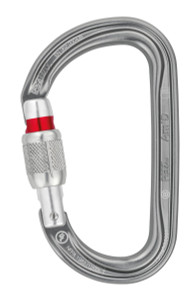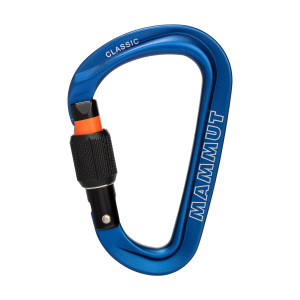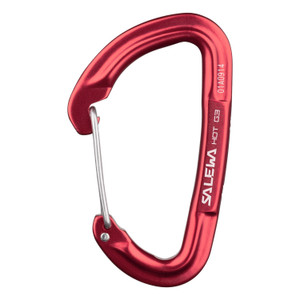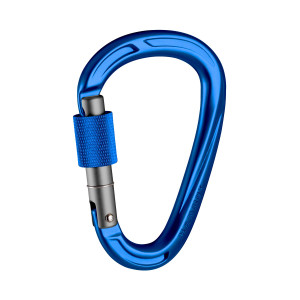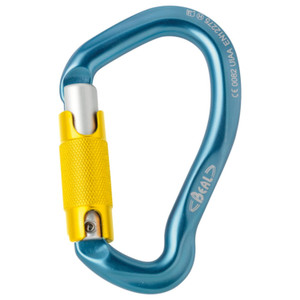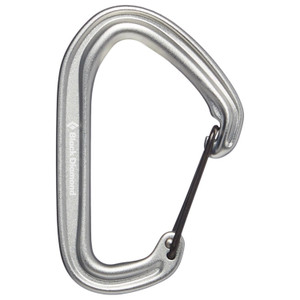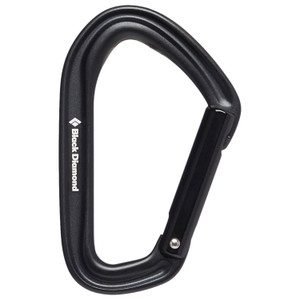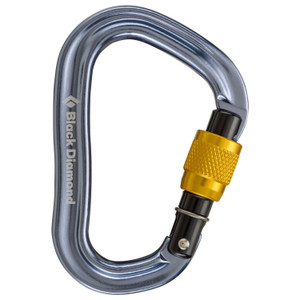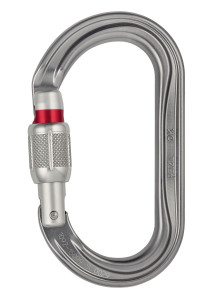Carabiners
Climbing carabiners are strong, lightweight metal loops with spring-loaded gates used to connect ropes, harnesses, and gear in climbing, mountaineering, and rescue activities. They’re a core part of climbing safety systems and come in various shapes and types depending on their use.
What Is a Climbing Carabiner?
A carabiner acts like a metal clip that holds or links parts of your climbing system—such as:
-
Ropes to harnesses
-
Belay devices to anchors
-
Quickdraws to bolts
They're designed to handle very high loads and are made from aluminum or steel, with precise strength ratings stamped on them (e.g., kN = kilonewtons).
Main Types of Climbing Carabiners:
1. Locking Carabiners
These have a mechanism to lock the gate shut, increasing safety.
| Locking Type | Features | Common Uses |
|---|---|---|
| Screwgate | Manually screwed closed | Belaying, anchors |
| Twist-lock | Auto-locks with a twist | Fast, one-hand use |
| Triple-lock | Extra secure, needs 3 actions | High-risk scenarios (e.g. rescue) |
2. Non-Locking Carabiners
No locking mechanism—used when fast, frequent clipping is needed.
| Common Use | Examples |
|---|---|
| Sport climbing | Quickdraws, racking gear |
| Trad climbing | Nuts, cams, slings |
Shapes of Carabiners:
| Shape | Description & Best Use |
|---|---|
| D-shape | Strongest shape; good for most uses |
| Oval | Traditional shape; good for aid climbing, pulleys |
| Pear/HMS | Wide top; ideal for belaying, rappelling |
| Asymmetric D (Offset D) | Common in sport climbing; lighter but strong |
Strength Ratings (in kilonewtons / kN):
-
Major axis (closed gate): Usually 20–30 kN (holds your fall)
-
Minor axis (sideways): Often 6–12 kN
-
Open gate: Less strong; usually 7–10 kN
Always check for the CE or UIAA safety certifications.
Pros:
-
Extremely strong and lightweight
-
Essential for climbing safety
-
Many options for different climbing styles
Cons:
-
Can be misused if not properly locked or oriented
-
Needs regular inspection for wear and damage
Summary:
Climbing carabiners are vital connectors used to build safe and secure climbing systems. They come in locking and non-locking types, various shapes, and are chosen based on their strength, weight, and purpose in your climbing setup.
Want help choosing the right carabiner for belaying, trad climbing, or building an anchor?


